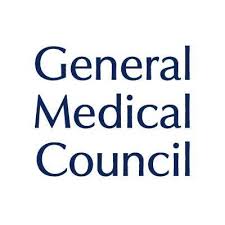Common testicular conditions in children
1. Testicular Torsion (Medical Emergency)
Testicular torsion occurs when the testicle twists within the scrotum, cutting off its blood supply. This is a medical emergency that requires immediate surgery to prevent permanent damage or loss of the testicle.
Symptoms of testicular torsion include:
- Sudden, severe scrotal pain
- Swelling and redness
- Nausea and vomiting
- Abdominal pain
- A high-riding or abnormal position of the testicle
What to do: Seek emergency medical attention immediately. Surgery is required within hours to restore blood flow and save the testicle.
2. Hydrocele (Fluid Around the Testicle)
A hydrocele is a collection of fluid around the testicle, causing swelling in the scrotum. It is common in newborns and usually resolves on its own within the first year of life. However, in older children, persistent or large hydroceles may require surgical treatment to prevent discomfort or complications.
Symptoms of a hydrocele include:
- Painless swelling in the scrotum
- A feeling of heaviness or fullness
3. Inguinal Hernia (Protrusion of the Intestine into the Scrotum)
An inguinal hernia occurs when a part of the intestine pushes into the scrotum, causing swelling and discomfort. It is more common in premature babies and requires surgery to prevent complications, such as intestinal obstruction or strangulation.
Symptoms of an inguinal hernia include:
- A bulge or swelling in the groin or scrotum
- Pain or discomfort, especially during coughing, crying, or straining
- The swelling may disappear when lying down but reappear when standing or straining
4. Orchitis & Epididymitis (Infections and Inflammation)
Orchitis is an infection or inflammation of the testicles, often caused by viral or bacterial infections. It can be associated with conditions like mumps or urinary tract infections. Epididymitis is the inflammation of the epididymis, the tube that carries sperm. These conditions can be painful and require prompt medical evaluation.
Symptoms of orchitis and epididymitis include:
- Pain and swelling in the testicle
- Redness or warmth in the scrotum
- Fever and general unwellness
- Painful urination (if linked to a urinary infection)
Treatment:
-
- Bacterial infections are treated with antibiotics.
- Viral infections, such as mumps-related orchitis, are managed with pain relief and supportive care.



